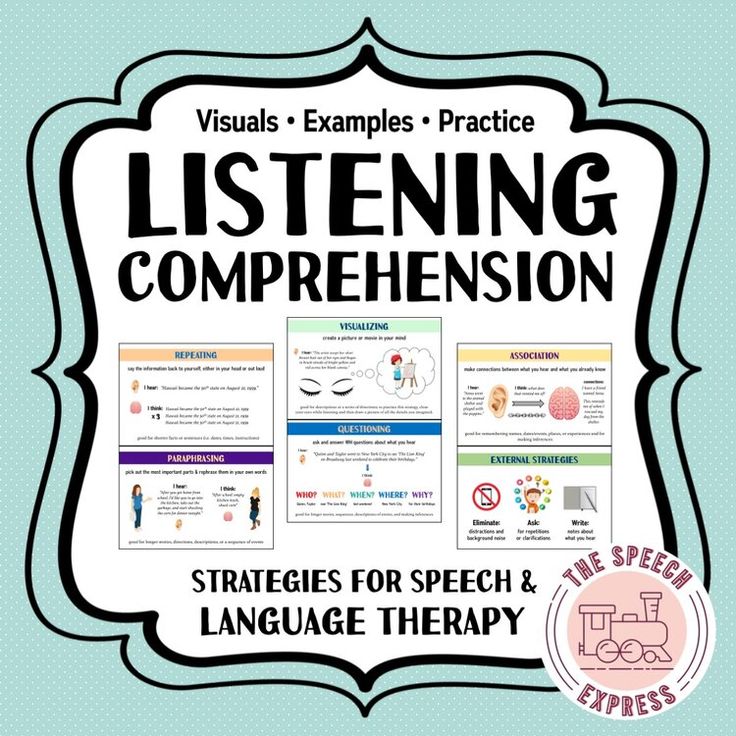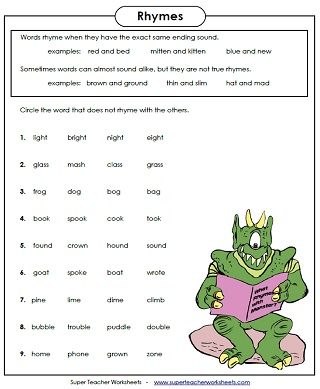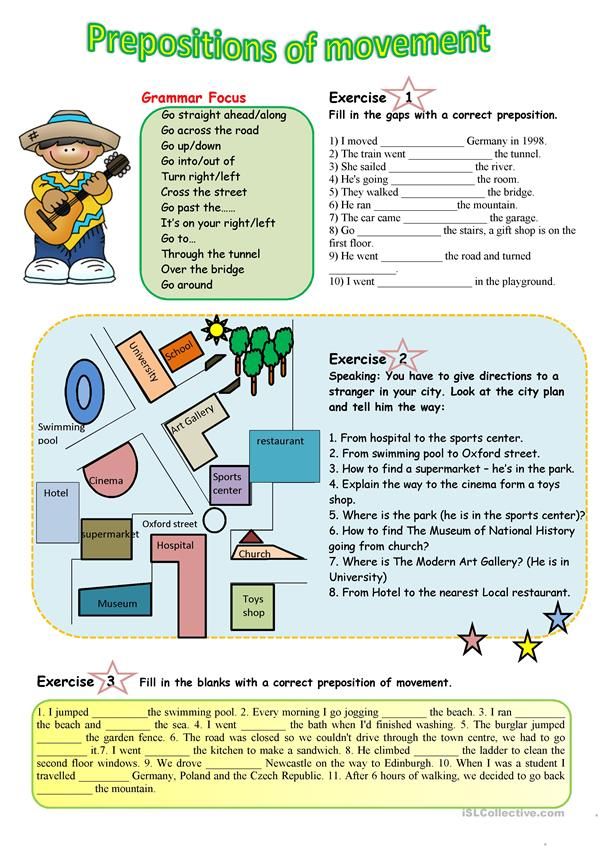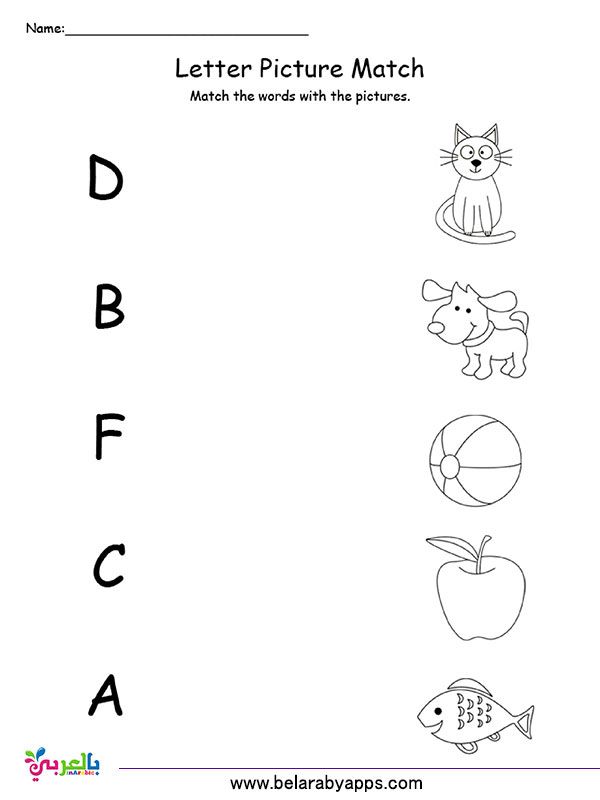Listening for comprehension
8 Key Listening Comprehension Skills
Listening is key to all effective communication. To improve students’ listening comprehension skills, we need to be able to gather data on their performance, target specific areas of need, and then provide personalized instruction and targeted practice.
At Listenwise, we support teachers by providing instructional support in literacy and other 21st century skills – particularly listening. In order to promote student proficiency in listening comprehension, we have identified 8 key skills, which align to Common Core State Standards and Smarter Balanced Assessment evidence statements. Listenwise quizzes address the CCSS standards associated with SBAC ELA/Literacy Claim #3: Students can employ effective speaking and listening skills for a range of purposes and audiences .
Using Listenwise Quizzes to Assess Key Listening Comprehension Skills
We have developed multiple choice formative listening comprehension assessments that accompany Listenwise lessons. These assessments include questions related to these 8 key listening comprehension skills, so teachers can analyze student performance data to get a more nuanced picture of listening comprehension strengths and needs. By looking at the quiz data dashboard and analyzing performance by skills, teachers and students can see patterns and identify learning needs, for classes, groups, and individual students, and then design instruction to meet those needs. Teachers who have been using Listenwise report that they are seeing growth in their students’ listening performance on standardized tests.
How did we decide which 8 key listening skills we wanted to assess and track? We identified comprehension skills that are included in reading assessments because we know the important connection between reading and listening. While listening and reading both require comprehension skills, many of which overlap, the application of those skills can vary somewhat across contexts. For example, students need to practice identifying the most important ideas in audio stories, which can be organized differently than print stories. The natural speech found in these audio stories typically does not follow the structure of a written article with a clearly articulated lead and a linear progression of ideas. When students are listening to a speaker’s voice, they can also pay attention to the tone, emphasis, and pacing of the speech to help them make inferences or analyze the speaker’s argument. Thus, while building comprehension skills through listening can also boost reading comprehension, there are additional benefits to developing listening comprehension skills directly using audio passages that are designed to be heard.
The natural speech found in these audio stories typically does not follow the structure of a written article with a clearly articulated lead and a linear progression of ideas. When students are listening to a speaker’s voice, they can also pay attention to the tone, emphasis, and pacing of the speech to help them make inferences or analyze the speaker’s argument. Thus, while building comprehension skills through listening can also boost reading comprehension, there are additional benefits to developing listening comprehension skills directly using audio passages that are designed to be heard.
- Recognizing Literal Meaning: Questions about facts, details, or information explicitly stated in the audio story
- Understanding Vocabulary: Questions about the meanings of words as they are used in the context of the audio story
- Making Inferences : Questions asking students to make inferences as they listen to audio stories, interpreting what is said by going beyond the literal meaning
- Identifying Main Idea: Questions asking students to identify the central idea or gist of an audio story
- Determining Purpose: Questions asking students to determine the purpose of an audio story
- Drawing Conclusions: Questions asking students to draw conclusions by synthesizing information in an audio story
- Analyzing Reasoning: Questions asking students to analyze reasoning supporting a claim in an audio story
- Finding Evidence: Questions asking students to identify statements or details in an audio story that provide evidence to support claims or conclusions
The first four basic listening comprehension skills are assessed on all Listenwise quizzes. The second set of four higher order skills are assessed on a subset of quizzes (those associated with secondary standards-aligned lessons).
The second set of four higher order skills are assessed on a subset of quizzes (those associated with secondary standards-aligned lessons).
Here is an example of a question that assesses the skill of Recognizing Literal Meaning:
Here is an example of a question that assesses the skill of Determining Purpose:
Here is an example of a question that assesses the skill of Finding Evidence:
If you have Premium Listenwise access you can access these quizzes right away. Log in and look for the Quiz icon next to lesson titles. You can use the search feature to filter for stories with quizzes. We are adding new quizzes every week.
Start your Listenwise journey and sign up for a free trial to get full access to all of our podcast & video lessons!
What is Listening Comprehension? Definition, elements and more
Listening Comprehension: in this article you will find an explanation of Listening Comprehension in a practical way. After reading, you will understand the basics of this powerful method of communication skills.
After reading, you will understand the basics of this powerful method of communication skills.
What is Listening Comprehension?
Before delving into Listening Comprehension you should first understand what listening is.
Listening is the ability to receive, understand, interpret and respond to verbal and non-verbal messages from the speaker. During the process of listening one can reach an understanding that is linked to several factors: listening, the message, the context, the memory, among others.
Do you want unlimited ad-free access and templates?
The definition of Listening Comprehension
Listening Comprehension is part of the communication skills such as the development of reading and writing comprehension. Listening Comprehension has the multiple processes of comprehension in language when it is understood, interpreted and spoken.
This communication skill is connected to cognitive learning as it works with the development of memory, attention, vocabulary, grammar and comprehension monitoring.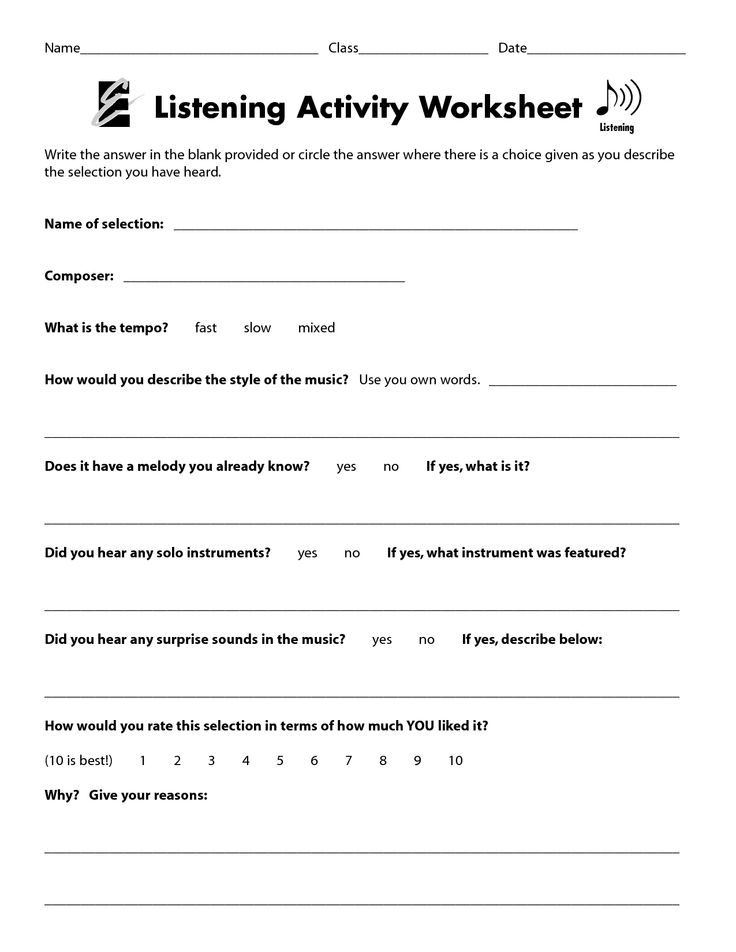
Listening then is the interpretation of spoken language and this includes the recognition of discourses of sounds, the understanding of the meaning of individual words or the understanding of the syntax of sentences that may arise in a dialogue or discourse.
The importance of recognising context in listening means that the person can relate what they hear to the real world in which they live as they can symbolically recognise concepts with language and link them together in order to understand what they hear and give it a meaningful meaning.
Differences between listening and hearing
Hearing is:
- Physiological order
- Perceiving the sounds
- Passive process
Listening to is:
- Interpretative order
- Interpreting sound and verbal and non-verbal actions
- Active process
When listening, gestures, postures, facial expressions, silences, among others, are connected in order to understand the message given by the speaker. The relationship between words and actions is what makes up language and how it is interpreted when there is an understanding of what is being heard.
The relationship between words and actions is what makes up language and how it is interpreted when there is an understanding of what is being heard.
Listening then means not only hearing, but also being able to interpret and analyse the information that is received, creating one’s own analysis of this information and creating one’s own concepts, opinions and comments on what is heard.
Elements of listening and understanding
By listening carefully, meanings are built up by the listener. During this cognitive process the following elements interact:
- The listener
- The message transmitted (text)
- The context (linguistic environment)
Listening includes the sounds and organises them into sequences. The message is what is built up through linguistic understanding. The context is the message that the listener has. These stages are evaluated and give the understanding of the listening.
For listening comprehension there are several developmental components, which are:
1.
 Before listening
Before listeningThis is the planning phase, where it is determined why one is going to listen, to whom one is going to listen, among other questions.
2. During listening
This is the execution phase. Actions that are carried out as we listen, such as formulating hypotheses, creating mental images, observing and supporting the speaker’s gestures and movements, analysing and using cognitive skills in the process.
3. After listening
This is the assessment phase. This phase is about determining whether what was heard was understood by making summaries, forming questions, etc.
All of this forms a cognitive level of learning, including memory and listening skills.
Listening Comprehension Skills
The following listening comprehension skills are distinguished
- Recognition: connecting, recognizing the components of a message (sounds, words, linguistic elements such as pronouns, verbs, among others).
- Selection: select the most important words in the message (names, verbs, key words among others), then group the selected details in level of importance.
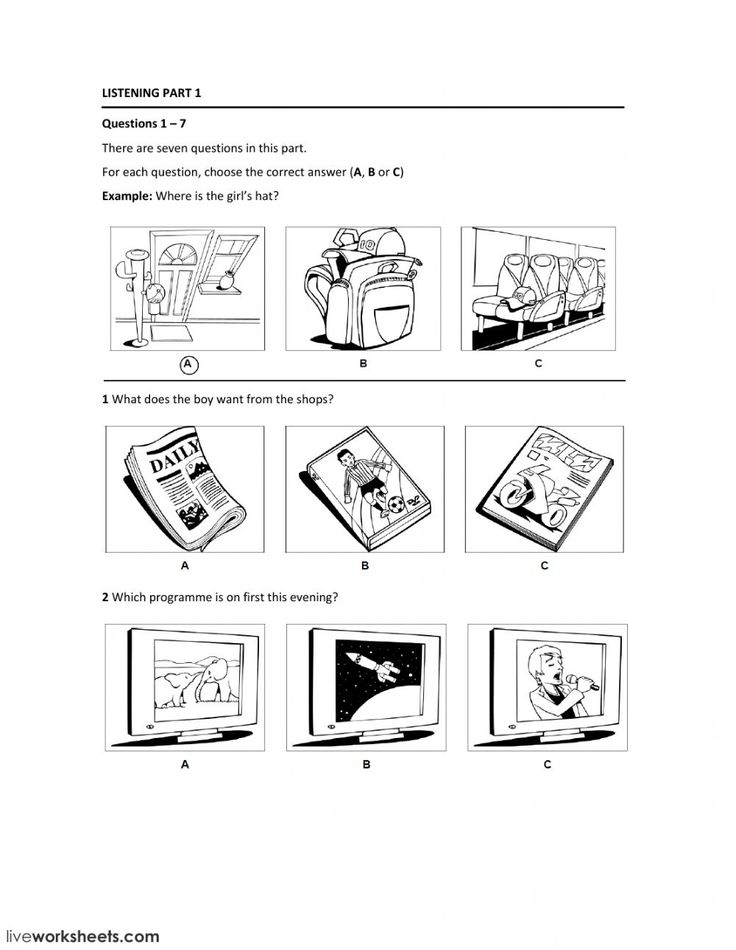
- Interpretation: is the understanding of the information that was heard. This means knowing the intention and purpose of the message, its main ideas and the importance of the most significant part of the message the speaker is giving.
The message is then related when it is listened to carefully as details and their relationship to the sender / speaker’s discourse can be captured. Detecting with the understanding of the listening the importance of the message or the most relevant thing.
Anticipating
Activating the information you have in order to use it in advance on a specific topic and to be able to understand it better by having the right bases such as language and body expressions.
Infer
To be able to infer the data of the sender, this means that it is possible to extract the information from the situation that is being presented at the moment with non-verbal codes such as gaze, fascial and body movements among others as a complement to being able to understand the discourse much better.
Retain
Remember key words and ideas in order to know how to interpret them. Retaining in the long term memory is important to get the most out of a message that is heard.
Listening comprehension with socio-cultural interaction
The development of Listening Comprehension is directly linked to language and how this helps to enhance learning and significant understanding of our reality, that reality which is lived either professionally or personally. Listening helps to interpret the speaker, his speech and what he wants to achieve with that speech.
This relationship goes from the speaker, message, and listener, the latter being the listener as the one who deciphers the message with the language and learning tools he or she has. Listening is the key to understanding the speaker’s message.
The development of listening has also been able to generate social skills as listening to others and not simply hearing sounds and linking these sounds are essential.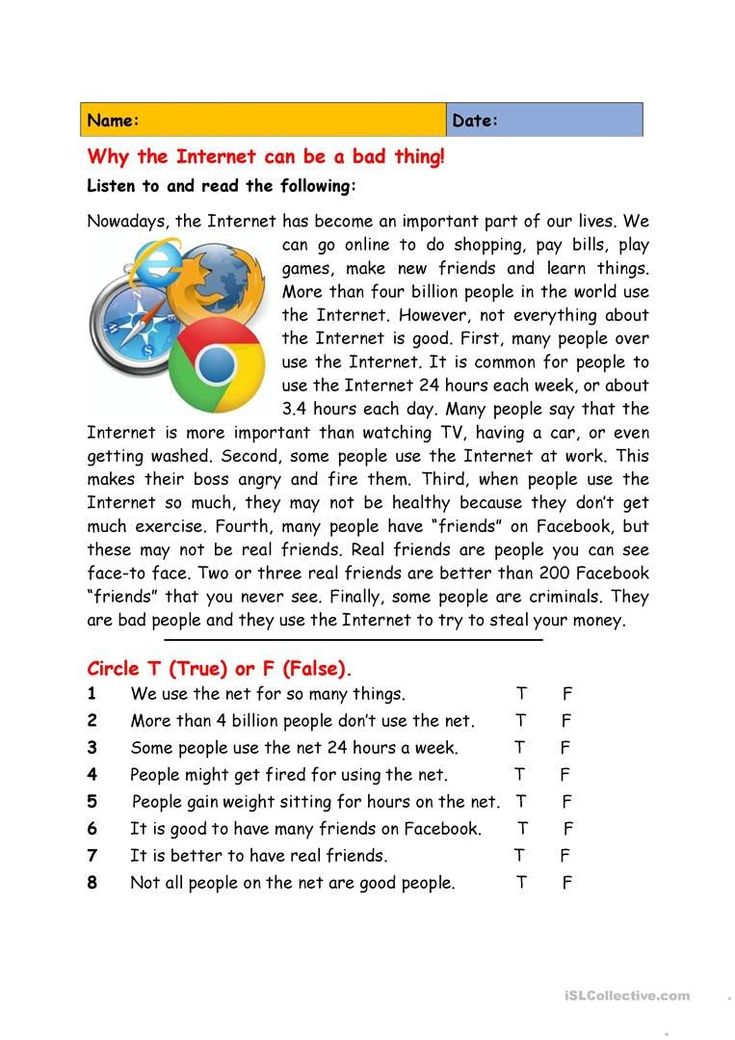 Listening is being able to give a meaningful sense of rational interpretation to what a person says and this results in the human being, being able to develop the social skill of being able to sympathise with others.
Listening is being able to give a meaningful sense of rational interpretation to what a person says and this results in the human being, being able to develop the social skill of being able to sympathise with others.
With Listening Comprehension, friendships, relationships and professional collaborations can be generated for good teamwork, including in the leadership that one wants to transmit in the field of work. Listening and paying attention is fundamental for social interaction and how it can be converted or improved into a communication skill.
This social interaction of listening is often seen with the learning of a new language. Most people learn a language out of a desire to adapt to a new environment or out of a cultural desire to satisfy and expand their knowledge.
Listening and language
The learning of a new language generates the development of cognitive skills for the person, in which writing and speaking can be evidenced in order to complete the knowledge of that language with the power of Listening Comprehension.
Listening Comprehension Example
Patrick is a student living in Switzerland and his native language is Swiss-German, however, he wants to learn Spanish because he wants to travel to South America for a student exchange. Patrick knows that the native language of this continent is Spanish, so he starts to study Spanish before starting his trip.
He began to study Spanish from scratch as he had no basis in the language, thus developing and improving his cognitive skills for the processing of information from the language he is learning. In his learning process are the communicative skills he needs to acquire to be able to speak, understand and process Spanish naturally.
Listening Comprehension is vital in this process because it is a fundamental part of the first steps in immersing yourself in the new language. Listening carefully will lead to imitating sounds, identifying them and being able to repeat in the best way what your teacher is teaching you. In this process, little by little, your memory will generate that what you learn is related and that you will be acquiring the skills of listening to generate new knowledge.
This example shows how listening plays an important role in language learning.
Characteristics of Listening Comprehension
In order to be able to have a comprehension in the listening it is necessary to have clear some characteristics that are
- To know the linguistic code to be able to listen and understand better. The message always has a sequence and congruence in order to be able to relate sounds and words and bring them ideas of thought.
- Auditory skills are needed for this, as the person has to store information to be able to give feedback or reflect on the message he or she is hearing.
This involves some important elements: sounds, voice intonation, rhythm, volume, among others.
With this, the person will hinder the correct interpretation of the message and eliminate what is not useful and not relevant.
Listening Comprehension summary
Listening Comprehension can generate skills for retention, relationship and understanding of a message. To be able to get the most important things out and to be able to interpret them in the best possible way in order to develop knowledge. It is also important to emphasize that the relevance of listening comprehension is not only to be able to channel and understand a message in the best way, but also to know how to listen can improve social skills.
To be able to get the most important things out and to be able to interpret them in the best possible way in order to develop knowledge. It is also important to emphasize that the relevance of listening comprehension is not only to be able to channel and understand a message in the best way, but also to know how to listen can improve social skills.
In the case of the improvement of social skills, listening is an important role in order to be able to relate to other human beings in both personal and professional life. Understanding listening builds confidence in being able to interpret messages in the best possible way with attention focused on being able to connect to what the sender wants to convey.
Listening attentively will help communication skills become social and enable better integration into society. Listening brings analysis, identification and understanding in order to be able to carry out responses, feedback and even good teamwork cohesion.
In listening comprehension one can construct the meanings of a message and be able to bring that message into oral interaction. If you are able to listen carefully this can strengthen personal, family and work relationships and reduce arguments and misunderstandings as you can understand the emotions of the sender and his message much better when you listen in silence and without interruption. Your memory will exercise the most important elements of the message and this will lead to reflection on what the sender wants to convey.
If you are able to listen carefully this can strengthen personal, family and work relationships and reduce arguments and misunderstandings as you can understand the emotions of the sender and his message much better when you listen in silence and without interruption. Your memory will exercise the most important elements of the message and this will lead to reflection on what the sender wants to convey.
Be clear about why it is important to listen and what the objective and achievement of the listening action is for personal or professional reasons. Taking advantage of the understanding of listening will make decisions and reflections clearer and more concrete in daily life.
Try us for free and get unlimited access to 1.000+ articles!
It’s your turn
What do you think? Do you think that Listening Comprehension develops social skills? Will the communicative skill of Listening Comprehension bring benefits to cognitive learning? Do you have anything else to add or any suggestions to give?
Share your experience and knowledge in the comments box below.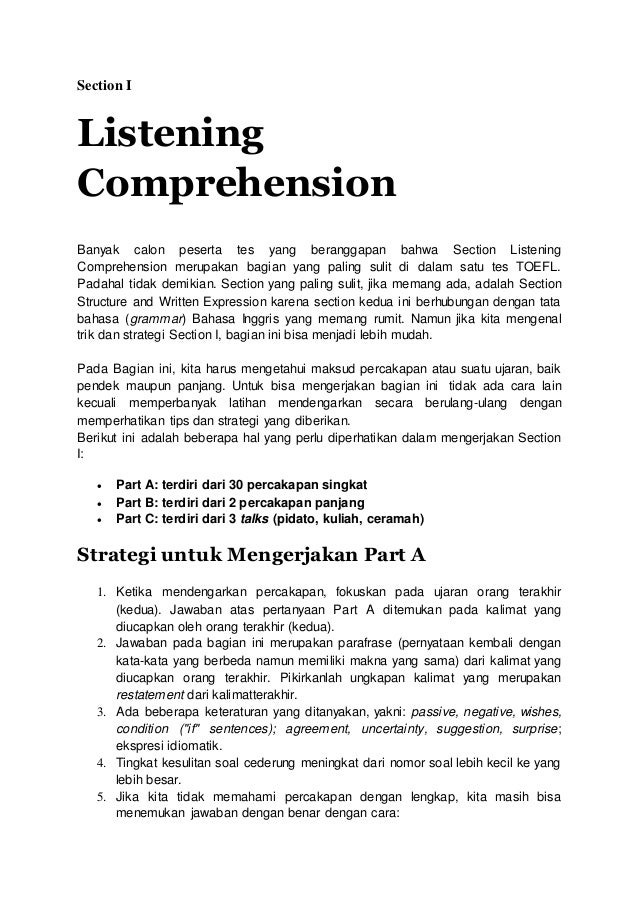
More information
- Ur, P. (1984). Teaching listening comprehension. Cambridge University Press.
- Rivers, W. M. (1966). Listening comprehension. The Modern Language Journal, 50(4), 196-204.
- Boyle, J. P. (1984). Factors affecting listening comprehension. ELT journal, 38(1), 34-38.
- Byrnes, H. (1984). The role of listening comprehension: A theoretical base. Foreign language annals, 17(4), 317.
How to cite this article:
Ospina Avendano, D. (2021). Listening Comprehension. Retrieved [insert date] from Toolshero: https://www.toolshero.com/communication-methods/listening-comprehension/
Add a link to this page on your website:
<a href=”https://www.toolshero.com/communication-methods/listening-comprehension/”>Toolshero: Listening Comprehension</a>
Did you find this article interesting?
Your rating is more than welcome or share this article via Social media!
Average rating 4. 3 / 5. Vote count: 6
3 / 5. Vote count: 6
No votes so far! Be the first to rate this post.
We are sorry that this post was not useful for you!
Let us improve this post!
Tell us how we can improve this post?
Tagged: Cognitive Skills Listening Skills Social Skills
How to learn to understand English by ear
Do you know Gosha's problem? It's time to fight her! In this article, we've put together tips to help you practice your English listening comprehension. However, they are also useful for those who study another foreign language. After reading the article, you will learn how to listen in order to hear and understand.
What makes it difficult to understand English speech
To begin with, it is worth analyzing the reasons that prevent listening to English speech.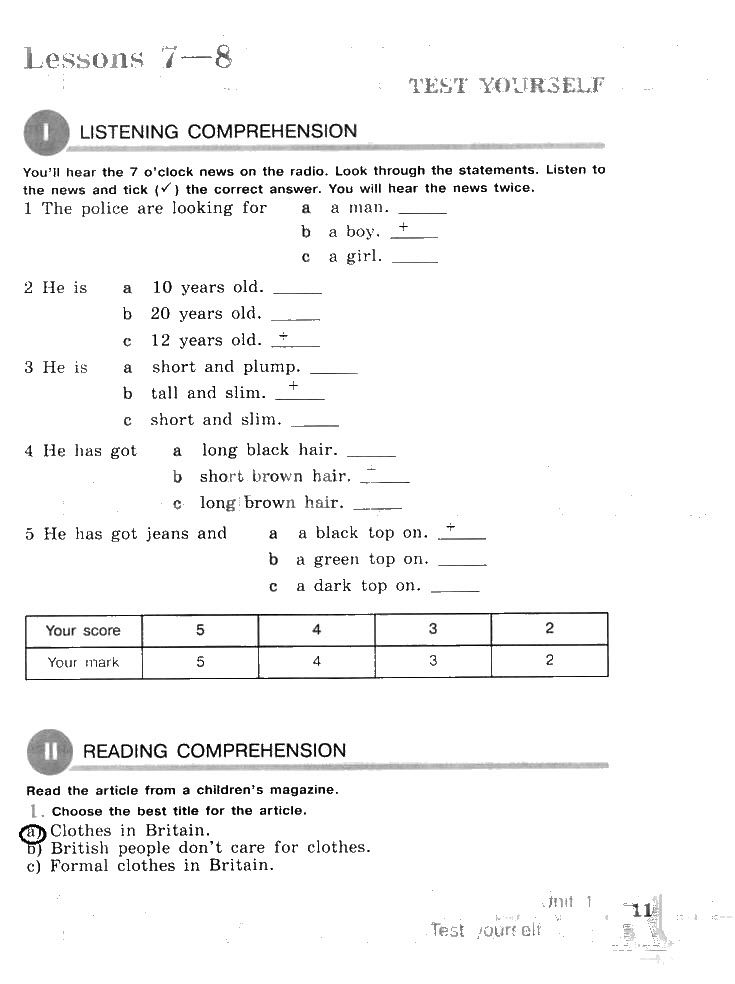 Yes, each student has his own personal characteristics and problems, but most language learners face some difficulties.
Yes, each student has his own personal characteristics and problems, but most language learners face some difficulties.
Most often, difficulties with understanding foreign speech occur among those who:
-
Has a small vocabulary. No matter how trite advice may sound, but always strive to expand your vocabulary. Of course, from the context you can catch the meaning of unfamiliar words, think of a sentence, but this takes a lot of time and effort, and the interlocutor is not always ready to wait.
-
Tries to understand every word spoken. Despite the fact that in their native language people calmly understand the general meaning of what was said, even if they missed a good half of it, they cannot transfer this skill to a foreign language. This problem is especially common among those who have just started learning the language.
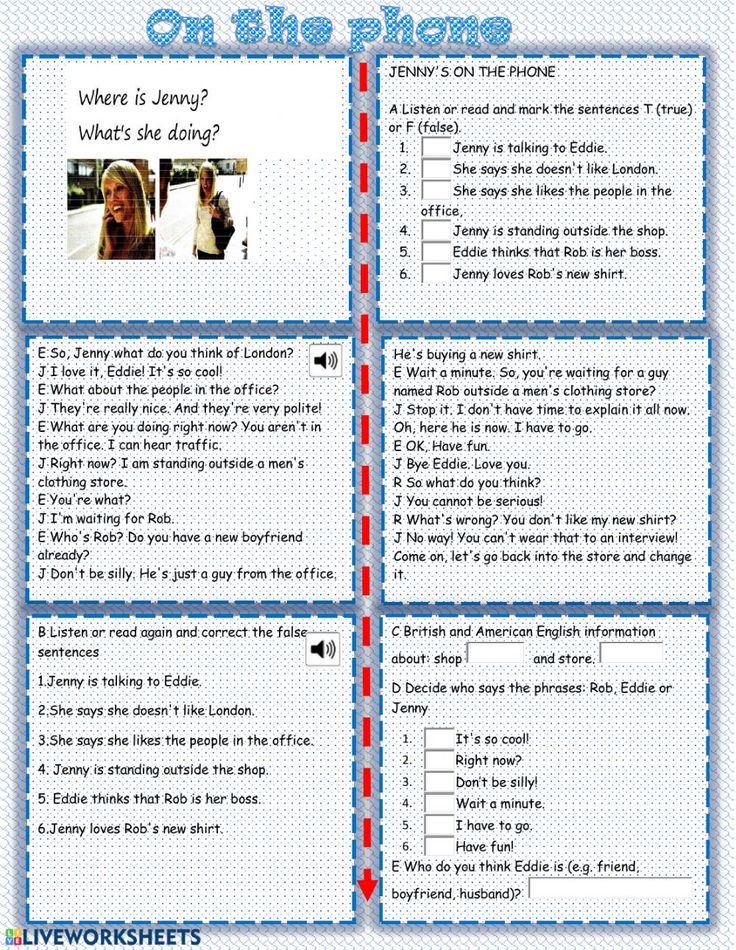
-
Cannot recognize words in spoken language. This problem haunts those who did not pay due attention to the pronunciation of words and themselves pronounce words incorrectly, thinking that the interlocutor will understand him. The interlocutor, perhaps, will understand, but you are unlikely to understand him. You will hear the correct pronunciation of words, and it is almost impossible to guess that [ˈlæŋɡwɪdʒ] is your usual “language”.
-
Has no listening skills. Listening is a skill like reading, swimming or playing the piano. And, like all skills, it needs to be trained to reach a high level. In everyday life, people do not pronounce words separately, as we are used to learning them, but merge everything into one stream, from which it is necessary to isolate the necessary information. Add to this different accents, love for abbreviations, individual characteristics of articulation, and you will understand why there are so many difficulties with the perception of English speech.
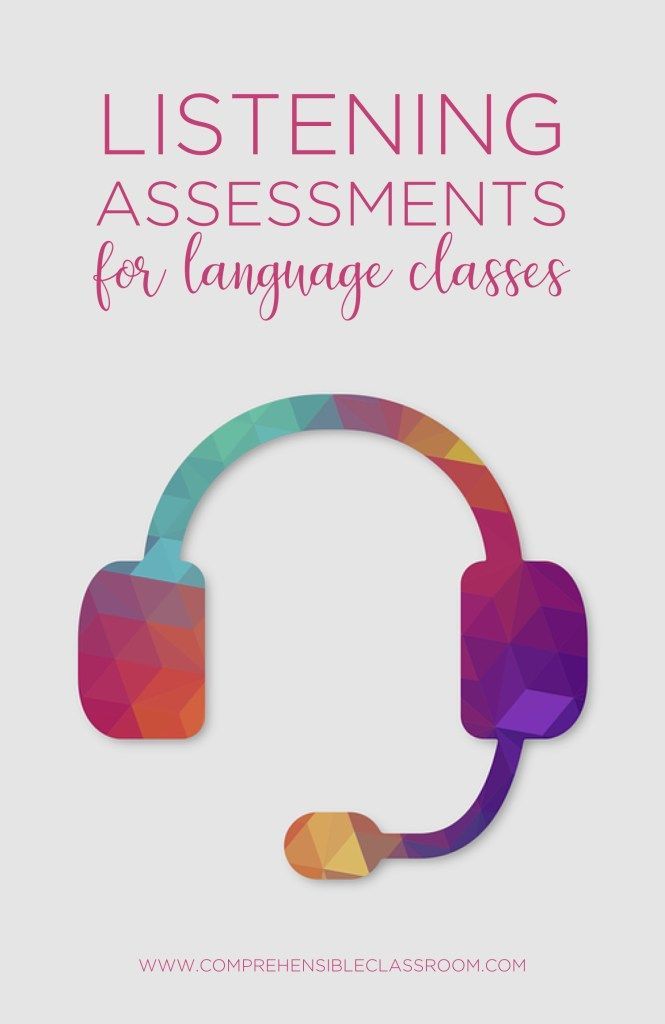
These difficulties can be overcome only through constant practice. And how to practice listening correctly and what to pay attention to in order to learn to understand spoken English with ease, we will now tell.
Sensay/Shutterstock.com
Demo lesson for free and without registration!
Take a class, learn about the school and get a promotional code for English classes
Tip #1: Choose the right audio
Let's start with a few tips for working with audio materials. Working with audio can seem complicated, and even boring to some. But a well-chosen text can solve this problem, and it will not be so difficult to perceive English by ear.
Choose the appropriate level, don't chase complex audio without a single familiar word, otherwise your patience will last for about five minutes. Decide on a topic and format that interests you. It is much more pleasant to listen and analyze something that you like.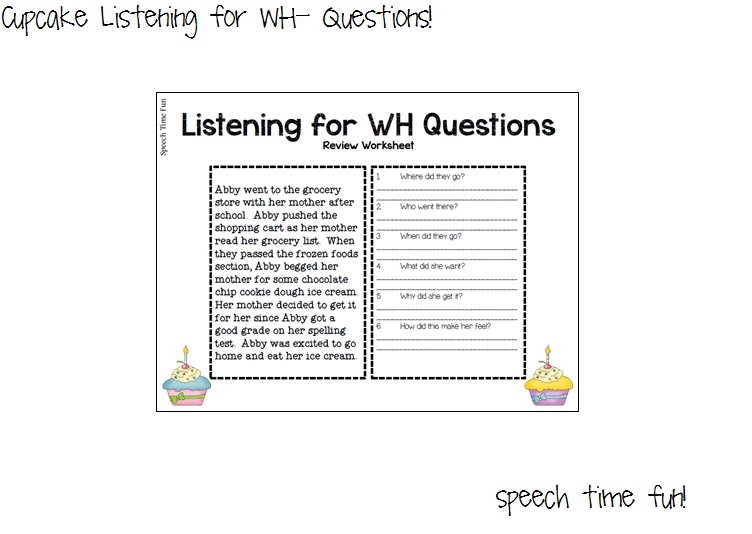 It could be a psychological podcast, a video with a pie recipe, a new song from your favorite artist, a TV show you're a fan of... anything, as long as you enjoy it.
It could be a psychological podcast, a video with a pie recipe, a new song from your favorite artist, a TV show you're a fan of... anything, as long as you enjoy it.
By the way, if you find something interesting, but you can't watch or listen right away, don't forget to bookmark it. This way you will form a personal database of materials that are interesting to you and will not waste time looking for when you want to practice listening.
Tip #2: Follow the algorithm for working with audio text
The right strategy is the key to success. Of course, mindlessly listening to podcasts, news, books in the background is much easier. But is it effective? Not good. How should you listen?
| Step 1 | Listen to the text and catch the general meaning. Do not try to translate every word, parse every construction. You can listen to the text a couple of times |
| Step 2 | Take the script (text) of what you were listening to and read it, make out unfamiliar words |
| Step 3 | Listen to the audio again, follow the text and pay attention to the points that you could not make out at the first listening |
| Step 4 | Listen to the audio again without relying on the text |
You will see a huge difference between the first listening and the last, believe me! At first, it will seem that listening to English is difficult and takes a lot of time. But after 5-10 podcasts, songs, fairy tales or videos, you will notice that it comes to you much easier. The main thing is regularity.
But after 5-10 podcasts, songs, fairy tales or videos, you will notice that it comes to you much easier. The main thing is regularity.
DiandraNina/Shutterstock.com
Tip #3: Listen to something interesting - tell a friend
If you find a great video, watch it, break down difficult moments, then you're done. But if you also retell to someone what you just heard, then you are well done in the square! You will not only accumulate passive vocabulary, practice listening, but also immediately apply new knowledge. This way they get used to it faster. And if there is no one to talk to right now, tell your loved one.
Tip #4: Practice all aspects of the language evenly
Don't focus on one aspect of the language and practice it more than others. Try to learn the language evenly, because the sagging part will ruthlessly pull you to the Elementary level.
When grammar, vocabulary, speaking, and listening are about the same level, it will be easier for you to move forward on all fronts.
Tip #5. Keep up with the times
Language is a living organism that is constantly changing. To understand modern fluent speech well, you need to learn colloquial phrases, slang, abbreviations and pronunciations. You have probably heard that in different countries (even in different regions of the same country) the pronunciation of words can vary dramatically. Knowing this, it will be much easier for you to understand foreign speech.
Africa Studio/Shutterstock.com
Tip #6: Avoid subtitles
For years, teachers have advised students to watch unadapted English-language films with subtitles to improve their listening skills. However, in real life, subtitles do not appear along with the speech of your interlocutor, accompanying his statements, so from the very beginning you need to give up hope of peeping an incomprehensible word in subtitles, otherwise watching a movie will turn into reading from the screen.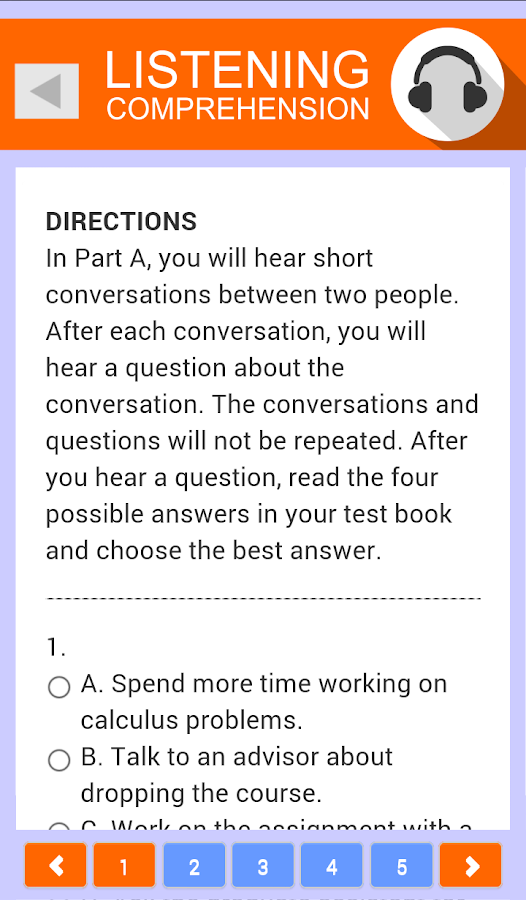
Another useful tip: when watching a movie, break it into fragments corresponding to several sentences (from 2 to 5), which you will play at least 3 times until you can hear and understand everything (in the first stages, it is recommended to listen to the fragment up to 10 times , gradually reducing the number of plays to 3).
Important: while working on the fragments, write down on paper every word you hear. Not selectively, not only what seems most important to you - write down exactly what you heard. And only after listening to an excerpt several times, writing down each word by ear, you can turn on subtitles for self-checking.
Tip #7: Don't skip cartoons
If you're at an early stage and listening is hard for you, start with children's programs to improve your listening comprehension! Why? The fact is that simple words sound in children's programs (something like “ I love you, you love me, we’re one big happy family ”), they are pronounced loudly, clearly and slowly, often accompanied by an illustrative video sequence.
Tip #8: Focus on the essentials
When listening to any speech, pay attention to the following five things first:
-
Time.
-
Dates.
-
Names.
-
Addresses.
-
Superlatives of adjectives and adverbs ( most, best, very, never, always ) and modal verbs ( must and should ).
The essence of the last point is that by highlighting information with the help of superlatives and modal verbs, a person thereby makes you understand that it is extremely important and should be remembered first of all.
Shift Drive/Shutterstock.com
Tip #9 (for cinephiles).
 Go from easy to hard
Go from easy to hard If you love watching films in English and have decided that this is the perfect way for you to practice listening, then try to choose films that suit your personal language level.
You can start by watching shows like " Friends ": it doesn't always have high-flying jokes, but it's a funny show and it's spoken clearly enough for the audience to hear and understand. The episodes are short, lasting about 20 minutes.
The next step is watching full-length action films. As a rule, in these films, the meaning of any compound word is explained by one of the characters - some nerd scientist ( nerd scientist ), the exact opposite of the main character - macho.
After the action, you can move on to drama films, and then to comedies, where it is important to understand the subtext and recognize sarcasm. Dramatic films are verbose and designed for an intellectual viewer, the vocabulary in them is quite complex, the meaning of the words is not explained in the film itself - you have to understand everything yourself.
We hope that by reading this article you have learned how to learn to listen to English speech. And when you know what and how to do, learning a language becomes easier and more enjoyable. Following our advice, you will very soon find that you have begun to understand spoken language without noticing it. And if you want to achieve results faster, try one-on-one lessons with a teacher. Leave a request in the form below, and we will help you choose a course for effective improvement of your listening skills.
Cover: Tikhonova Yana/Shutterstock.com
Check if you know the 100 main English words
English by ear - how to understand English speech
English learners have heard more than once about the language barrier, which refers to the fear of speaking a foreign language. However, few people mention that there is also an auditory barrier - poor understanding of speech by ear. What is the cause of this obstacle and how to destroy it? How to learn to understand English by ear? We answer these and other questions in today's article.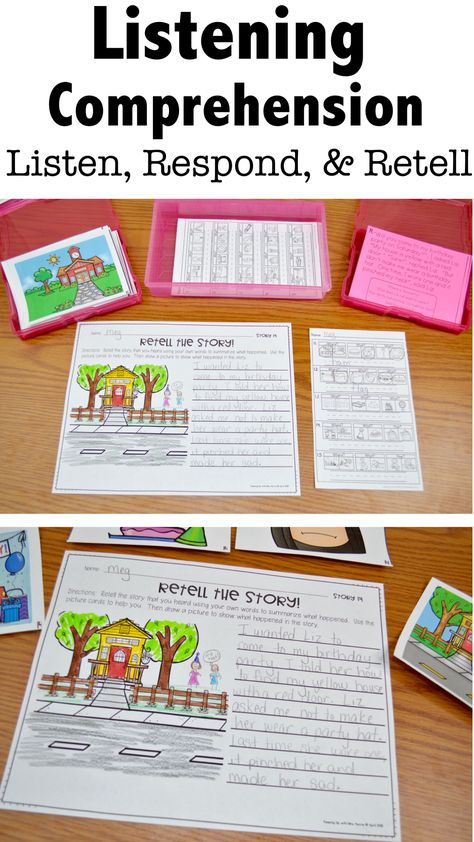
To get started, we advise you to watch the webinar of our methodologist Ekaterina on the topic “How to understand English by ear”.
Causes of hearing barriers
Overcoming the language barrier can be difficult even for those who have been learning English for more than a year. In the article, we have collected several main reasons why this happens:
- Personality type . In the article “Learn English according to the type of perception of information”, we talked about visuals, auditory, kinesthetics and digitals. If you are not an auditory learner, it may be difficult for you to understand English by ear, but you can always develop your listening skills.
- Neglect of listening . Some people don't take the time to develop this important English language skill.

- Low level of knowledge . Remember at what level you speak English (our test to determine the level of English will help you with this), what is your rate of speech when you speak it. You will be able to understand speech at about the same pace, so develop all the skills in a complex.
- Learning formal English . Not knowing abbreviated forms and slang can confuse you when communicating with native speakers.
- Too complex material . There is an opinion that you can learn English from scratch by watching the original series "Friends", "How I Met Your Mother", "Doctor House". These are interesting series, but they are absolutely not suitable for beginners with a Beginner or Elementary level, because these people do not yet have the necessary vocabulary and other skills.
How to learn to understand English by ear: some useful tips
1. Listen to audio material regularly
You can't learn to dance by watching couples waltz, you have to start dancing yourself! And how to understand English by ear without making any effort? Rather, move from theory to practice, from words to deeds.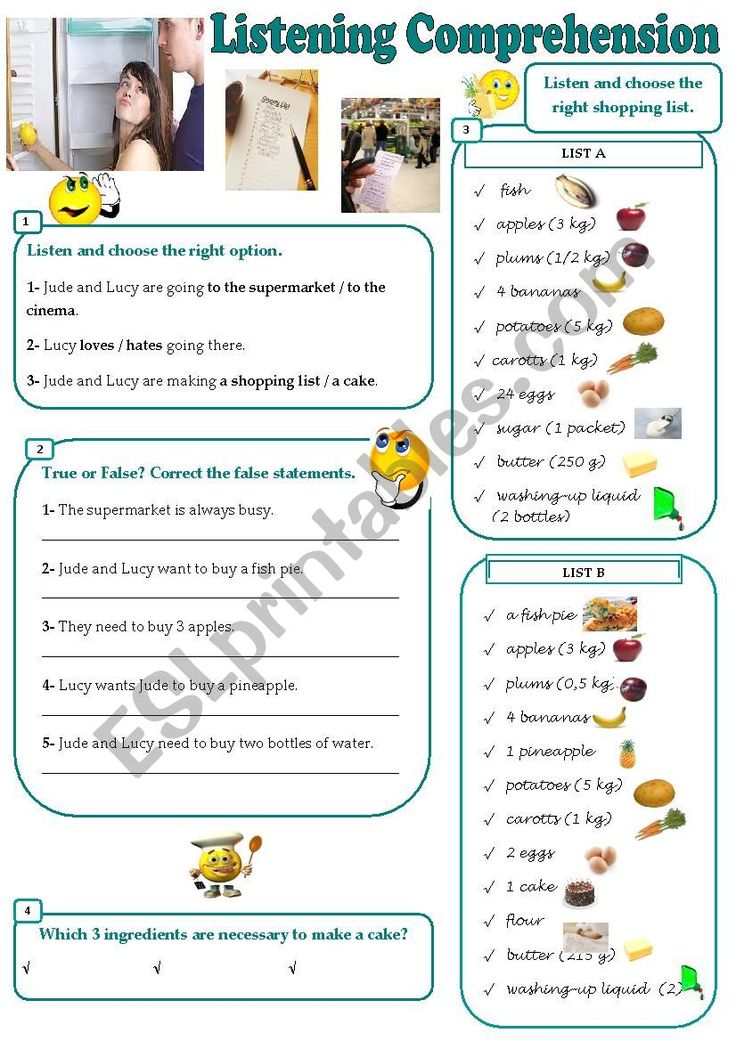 Listen to audio lessons, podcasts, songs, watch films and series in English (be guided by your level of knowledge). The main thing is to choose a fascinating material for yourself. Try to arouse interest in yourself, fall in love with listening, then it will be much easier to do it.
Listen to audio lessons, podcasts, songs, watch films and series in English (be guided by your level of knowledge). The main thing is to choose a fascinating material for yourself. Try to arouse interest in yourself, fall in love with listening, then it will be much easier to do it.
Resources to use:
- learning English from movies and TV shows will give you a lot of fun and help you understand English by ear;
- Bookmark 5 great audio recording sites and 5 English podcast sites and visit at least a couple of times a week;
- To find out how well you have become to understand English by ear, and to test your spelling skills, visit one of the sites with online dictations in English
Another important point: exercise regularly. If you devote at least 20-30 minutes daily to listening to various audio recordings, then after some time you will feel progress (the period depends on your abilities and musical ear).
2. Study with audiobooks
Audiobooks are an excellent resource for developing listening skills.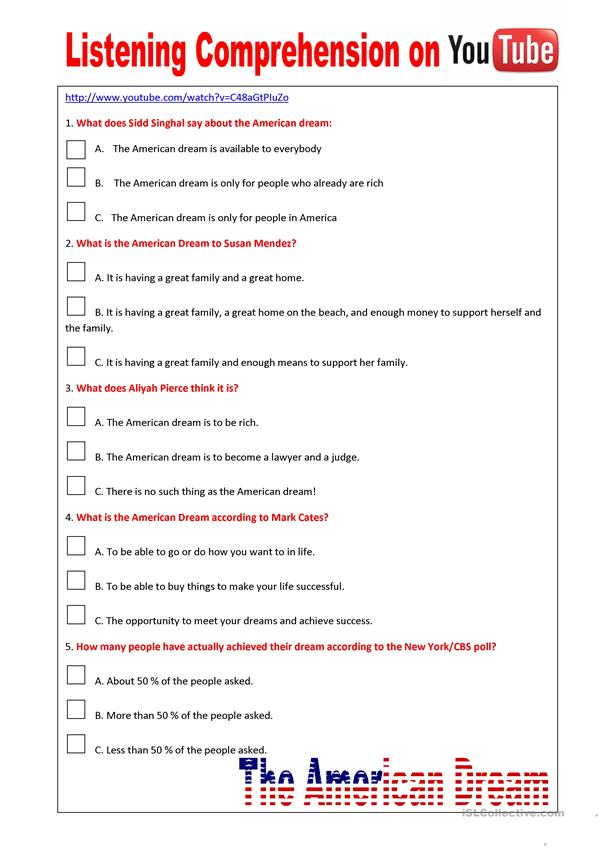 However, if you find it difficult to understand the speaker's speech, then listening can turn into real torment. In this case, we recommend using a special technique for working with audiobooks. Find the text of the recording and read it to yourself in parallel with the announcer. After 10-20 minutes, you will get used to the pace of speech and the speaker's voice, and you will begin to recognize individual words. Then try to close the text and listen only to the audio recording. You may not understand every word, but you can already catch most of what the announcer says. And if you listen to a book every day, then after a while you will calmly do without the text. Read our article "How to Learn English from Audiobooks". It includes a detailed guide to choosing a book, an effective way to work with it, and 7 sites where you can find free materials to study.
However, if you find it difficult to understand the speaker's speech, then listening can turn into real torment. In this case, we recommend using a special technique for working with audiobooks. Find the text of the recording and read it to yourself in parallel with the announcer. After 10-20 minutes, you will get used to the pace of speech and the speaker's voice, and you will begin to recognize individual words. Then try to close the text and listen only to the audio recording. You may not understand every word, but you can already catch most of what the announcer says. And if you listen to a book every day, then after a while you will calmly do without the text. Read our article "How to Learn English from Audiobooks". It includes a detailed guide to choosing a book, an effective way to work with it, and 7 sites where you can find free materials to study.
3. Expand your vocabulary
The more vocabulary you have, the easier it is for you to hear speech. You won't be able to understand native speakers until you have a decent amount of vocabulary.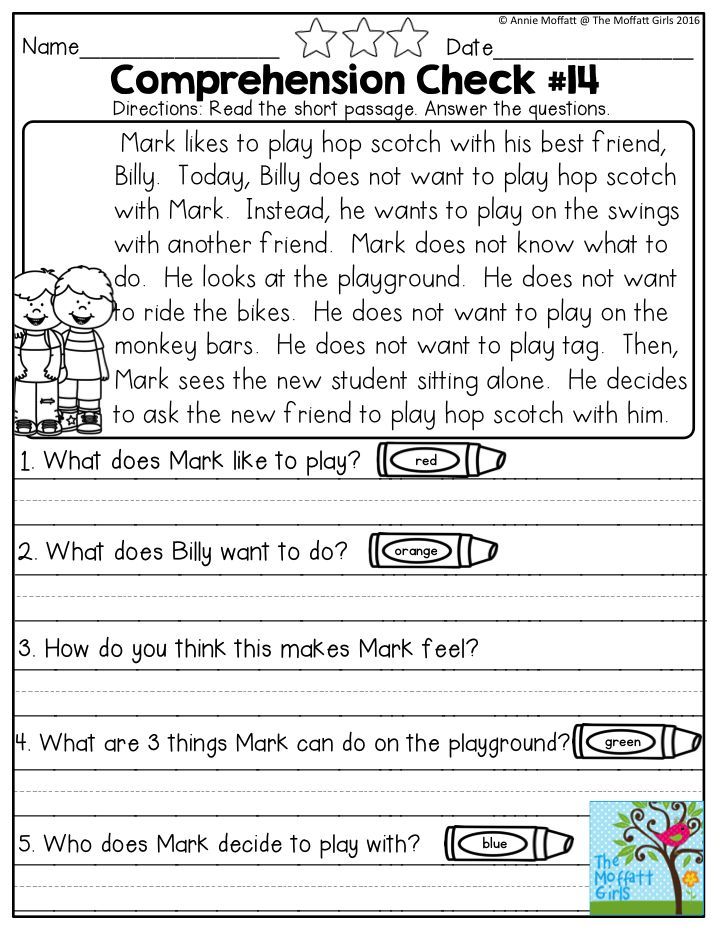 Pay special attention to colloquial vocabulary, abbreviations, and interjections. Oddly enough, but ignorance of the simplest interjections eh, oh, uh, um can confuse you.
Pay special attention to colloquial vocabulary, abbreviations, and interjections. Oddly enough, but ignorance of the simplest interjections eh, oh, uh, um can confuse you.
Don't forget to learn idioms and slang expressions, they are often used in spoken English and will come in handy while watching modern movies and TV shows, as well as listening to popular music.
4. Develop your grammar skills
Do not be surprised, knowledge of grammar plays an important role in overcoming the auditory barrier. You do not need to memorize all the rules, but it is important to understand the difference between the phrases What do you do? (What are you by profession?) and What are you doing? (What are you doing?) is just one example of grammatical nuances in English.
5. Improve your pronunciation
If you yourself learn how to pronounce words correctly, it will be easier to recognize them in someone else's speech. When learning new vocabulary, open an online dictionary and listen to how the word is pronounced several times, try to copy the accent of a native speaker. Now, when you hear this vocabulary, it will not be so difficult to learn it. And in order to learn how to pronounce English sounds correctly, we advise you to read the article "TOP-13 "Russian" mistakes in English pronunciation", where you will find useful training videos to improve pronunciation.
Now, when you hear this vocabulary, it will not be so difficult to learn it. And in order to learn how to pronounce English sounds correctly, we advise you to read the article "TOP-13 "Russian" mistakes in English pronunciation", where you will find useful training videos to improve pronunciation.
6. Speak more English
Communicate in English as often as possible with the teacher, classmates in the course, friends who study the language, foreigners. So you will quickly get used to the fact that English can sound different, because each person has his own pronunciation and accent. And if you want to not only talk with your interlocutor, but also improve your level of knowledge, we suggest enrolling in online English courses. Our teachers will help you to speak quickly and correctly.
7. Learn to think in English
At first the task seems impossible, but do not rush to give up. To start thinking in a foreign language, it is not necessary to know it at the level of native speakers, it is enough to immerse yourself in the language environment.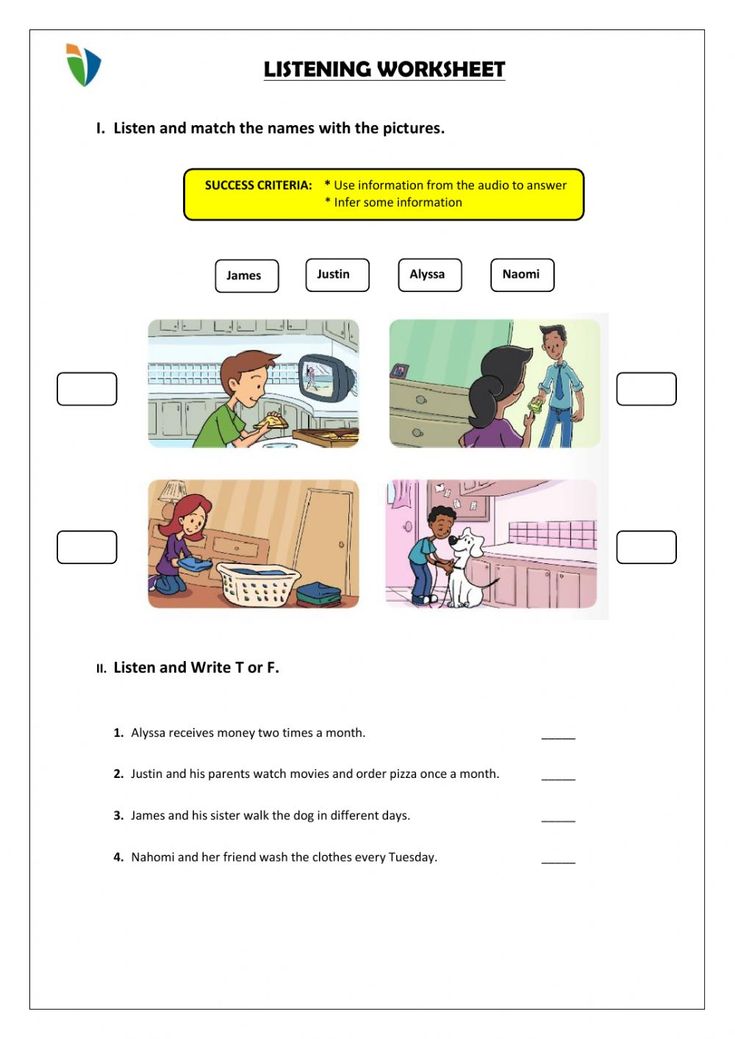 The ideal option is to live a few months abroad, but it is not always possible. Then you should use the second option - artificially surround yourself with English: read articles and books in the original language, listen to English-speaking performers, watch foreign films and TV shows.
The ideal option is to live a few months abroad, but it is not always possible. Then you should use the second option - artificially surround yourself with English: read articles and books in the original language, listen to English-speaking performers, watch foreign films and TV shows.
8. Make the most of your technology
Use the slow-motion playback feature found in virtually every player. Decrease the playback speed until you can pick up the speaker's speech.
9. Take time to practice listening
Watching movies and series in English requires free time, which you may not have. However, lack of time is not a good reason not to practice listening. You can learn to perceive English speech by ear on the road or on a walk - turn on podcasts on topics that interest you and combine learning with a pleasant pastime. Read more about how to learn English with podcasts in our article.
10. Develop an ear for music
The better your ear for music is, the easier it will be for you to understand foreign speech and learn how to pronounce sounds correctly.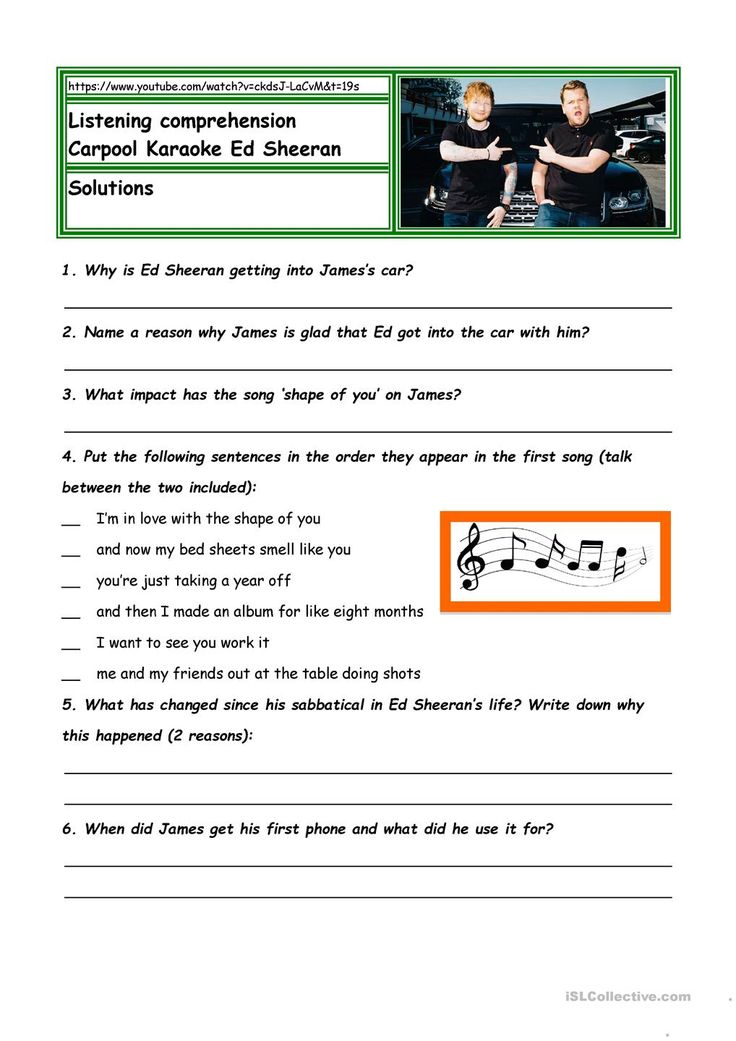 Do not panic if the bear paws walked over your ears, good hearing is not given to anyone by nature. But everything can be fixed. One of the most effective ways is to study songs in English, while trying not only to listen, but also to sing along to your favorite artist. With lyricstraining.com, you can listen to your favorite songs and learn to understand English by ear. You can find even more interesting sites in the article "How to learn English from songs + 8 cool resources".
Do not panic if the bear paws walked over your ears, good hearing is not given to anyone by nature. But everything can be fixed. One of the most effective ways is to study songs in English, while trying not only to listen, but also to sing along to your favorite artist. With lyricstraining.com, you can listen to your favorite songs and learn to understand English by ear. You can find even more interesting sites in the article "How to learn English from songs + 8 cool resources".
11. Don't be afraid to listen
No language barrier will bother you if you break the psychological barrier. Remember, when you start to master some kind of computer program or a new gadget, it seems that everything is very difficult, but after a few days or weeks you become its active user. When studying English, you will have to spend more time, but you will still get the result.
As you can see, the causes of the hearing barrier are quite commonplace, and the tips to get rid of it are easy to apply.